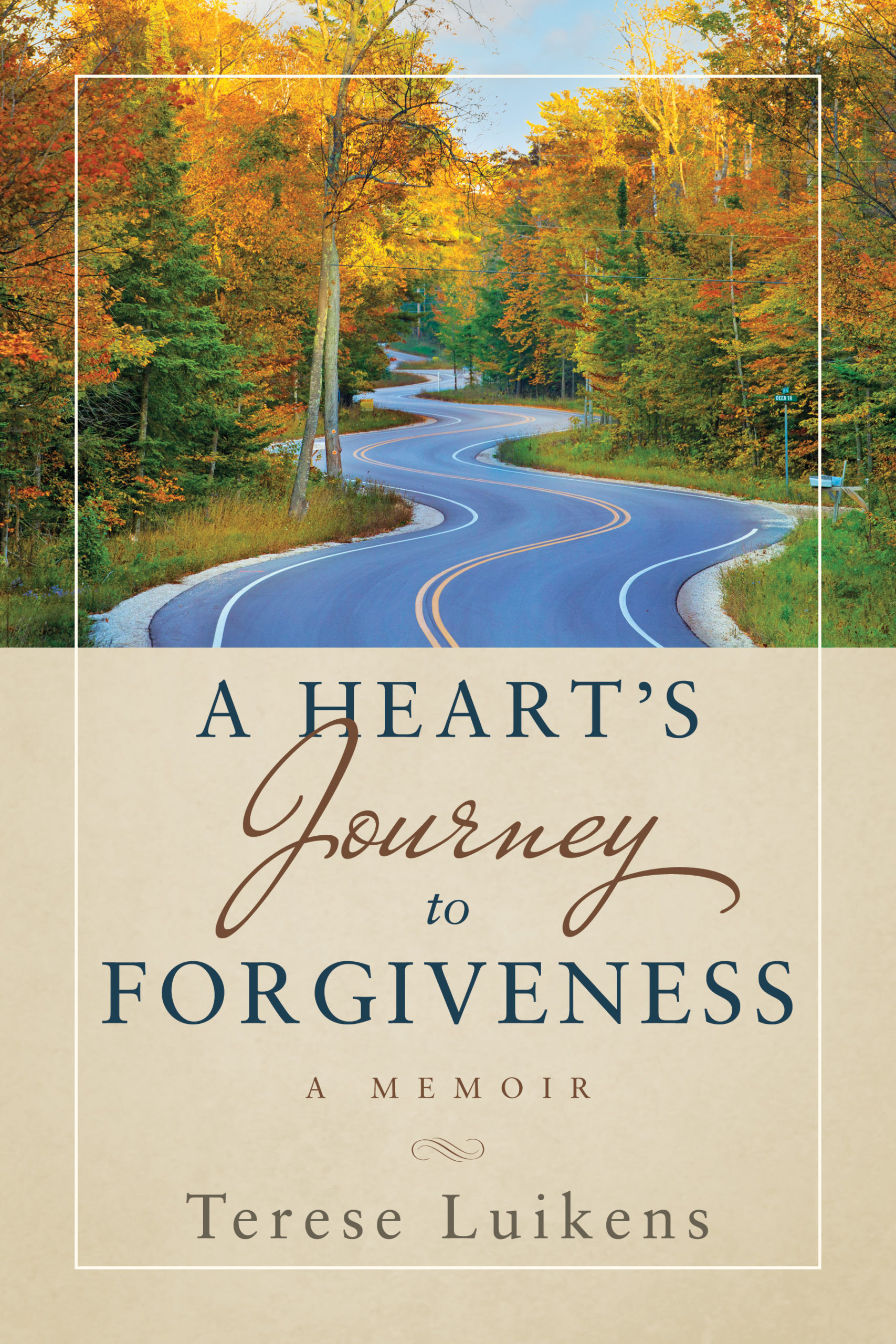
Why Bother Welcoming Ambiguity?
In my past, anyone who appeared ambiguous was feeble minded. I had no patience for a person who was uncertain, doubtful, or indecisive. I believe that my belief about people who seemed vague, obscure or puzzled originated from my father who never tolerated the following three words from any of his offspring; “I don’t know.” If he asked us a question, he always expected us to know the answer. To admit that we did not know ensured a fierce verbal or physical reprimand.
Growing Comfortable with the Unknown
Any habit, belief, or principle we learned in childhood is hard to cut loose from because it feels as though we are being disloyal to our parents. Though my father believed the words, “I don’t know” were more harmful to my character than helpful, I now believe when I say that I don’t know, it is more helpful than harmful.
To say that life has its uncertainties and that we do not know everything is something I had to learn the hard way, on my own and long after childhood.
For instance, when I went back to school to obtain my teacher’s certificate, I had to take more than one math class. When it came to algebra, I had to admit to myself that I did not know any of the answers to the problems and was clueless as to how to solve them. Instantly, I felt like a failure. I’d had algebra before and I scolded myself for not retaining the information I’d learned in high school. But I could not access my previous knowledge. It was nowhere to be found in my brain. I had to admit that I would need to hire a tutor.
I don’t fault my father from wanting me to be confident and certain. But even when I am uncertain, when I don’t know how to do something when I think I should, I am not doomed. Rather, I’ve found that my admission to not knowing actually brings a sense of equanimity. Knowing that I do not know something does not mean I am a failure, it just means I need a little bit of help. The sooner I humble myself and admit that I don’t know something, the sooner I will find the help I need. Finding the help I need puts me at ease, calms my inner turmoil and brings me back to level headed thinking. Knowing I don’t know and then finding someone who does, takes away my panic, my anxiety and pretense. Pretending to know something when I do not is much more exhausting than admitting I don’t know.
Why bother welcoming ambiguity? Although the unknown is uncomfortable, disturbing and scary, pretending that we know something when we don’t is much more emotionally exhausting. Admitting we are uncertain is more helpful. It can lead us to searching and finding an answer.
New Release
